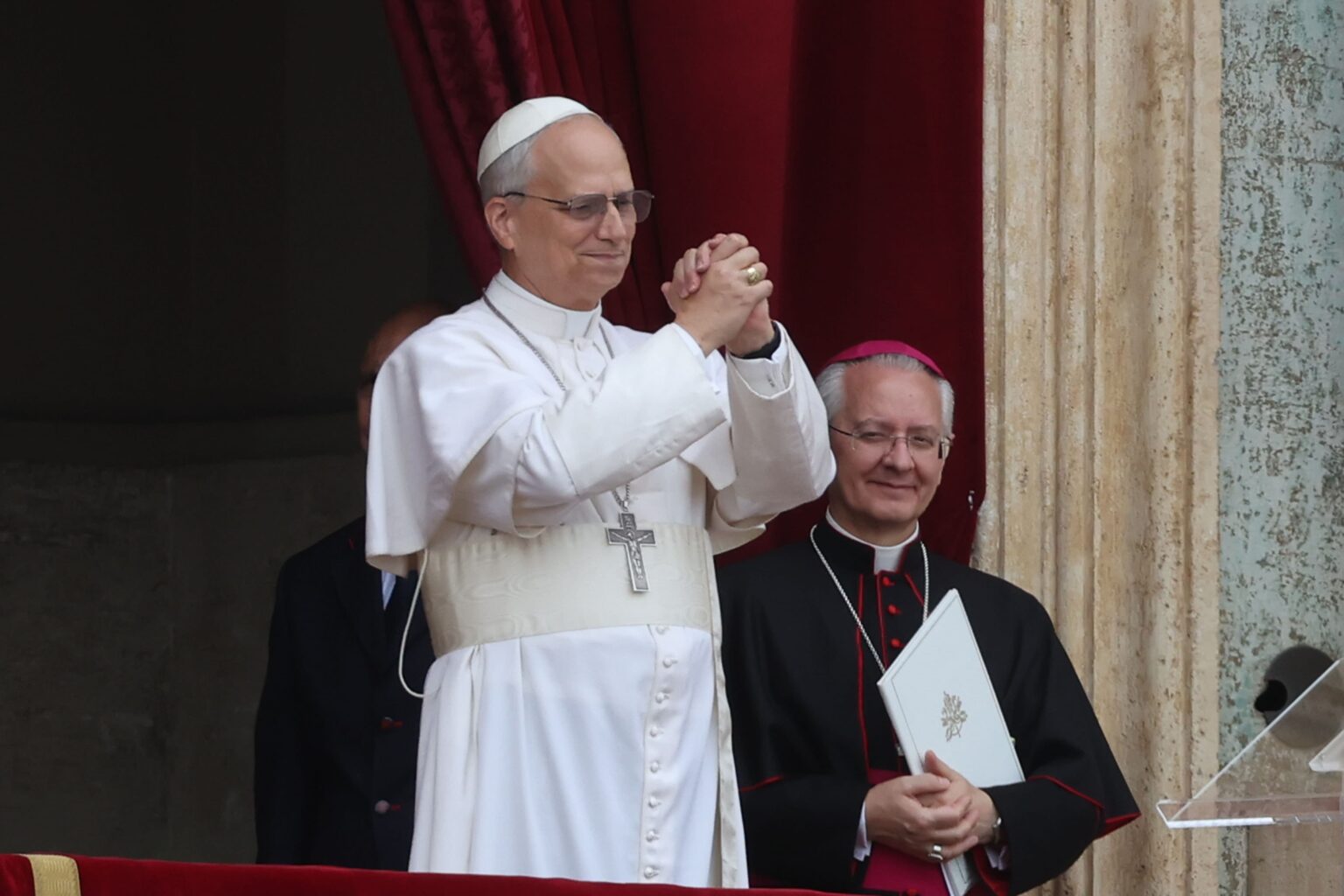Pope Leo XIV used a strongly worded letter to declare that “no corner of the Church can remain a safe haven for abuse.” The text, read aloud on Friday in Lima, framed prevention as a basic pastoral duty rather than an emergency repair job. Leo insisted that dioceses publish annual statistics, that every seminary appoint a lay safeguarding officer and that bishops submit to the same background checks imposed on volunteers. He argued that transparency is the most convincing form of evangelization in a media-savvy era and warned pastors not to minimize the crisis or frame critical coverage as anti-Catholic bias.
The letter represents the new pontiff’s first detailed comment on the clergy abuse crisis since his election on May 8. While previous popes issued guidelines, Leo attached deadlines and consequences, stressing that “structures without sanctions are decorations.” Vatican insiders say the document was circulated to the Council of Cardinals 24 hours before its release, winning unanimous approval. He also repeated his long-held view that clericalism, the elevation of priests above laypeople, creates the secrecy in which abuse thrives.
Message Delivered In Lima
The choice of venue was symbolic. The letter debuted during the premiere of “Proyecto Ugaz,” a play that dramatizes investigative journalist Paola Ugaz’s reporting on the lay movement Sodalitium Christianae Vitae. Standing beside Ugaz, Vatican envoy Msgr. Jordi Bertomeu, tasked with dissolving the group, read the papal text to an audience of survivors, diplomats and clergy. Leo praised journalists as guardians of the common good and urged governments to protect them “with the same zeal shown to sacred objects.”
By releasing the message in a theater rather than a Vatican press hall, Leo positioned the Church inside the wider civic conversation on free speech and accountability. Attendees erupted in applause when the pontiff singled out the press as “partners in truth.” Ugaz later said the gesture transformed the stage into “a tribunal of hope” for victims who had waited years to be heard. Performances of the play are scheduled to tour five Latin-American capitals later this year, expanding the audience for the pope’s message.
Legacy Of The Sodalitium Scandal
Founded in 1971, Sodalitium expanded across Latin America through schools, real-estate ventures and youth missions. Survivor testimonies eventually revealed a pattern of sexual abuse, psychological coercion and offshore financial schemes worth over USD 300 million. During his two decades as a missionary bishop in Peru, Robert Prevost, the now Leo XIV, served as liaison to victims and negotiated 29 settlements, often facing opposition from powerful donors.
After relocating to Rome in 2023, Prevost pushed for decisive action. He supervised the resignation of Sodalitium Bishop José Eguren and oversaw the Vatican decree that formally suppressed the organization earlier this year, weeks before Pope Francis died. The assets now being liquidated include retreat houses, media licenses and apartment blocks, money that Leo says “belongs first to the wounded.”
Next Steps For Church Reform
Leo’s directive sets a brisk timetable. By July 2026, every bishops’ conference must commission an independent audit of abuse cases; seminaries must integrate at least 20 hours of survivor testimony into formation courses; and dioceses that fail to comply risk losing Vatican subsidies. Advocacy networks such as ECA Global welcomed the deadlines but demanded a public registry of clerics with credible allegations.
Resistance is already surfacing. A bloc of U.S. prelates argues that outside audits threaten due-process rights, while several Latin-American bishops warn that large restitution packages could bankrupt rural dioceses. Cardinals from Germany, Nigeria and the Philippines counter that transparency is essential to missionary credibility. Vatican officials confirm that financial sanctions, once taboo, are “on the table.” Lay Catholic reform groups in Australia and Canada have already offered to fund audits in poorer dioceses, arguing that solidarity must accompany accountability.
Bertomeu’s task force must inventory Sodalitium’s holdings and settle tax liabilities with Peru’s finance ministry. Meanwhile, bishops worldwide are due to submit compliance roadmaps before the Council of Cardinals meets in September. Success, Leo told advisers, will be measured “in school ledgers and seminary schedules, not in press releases.” For survivors and for Catholics weary of scandal, the next fourteen months will reveal whether zero tolerance is a slogan or a turning point.


